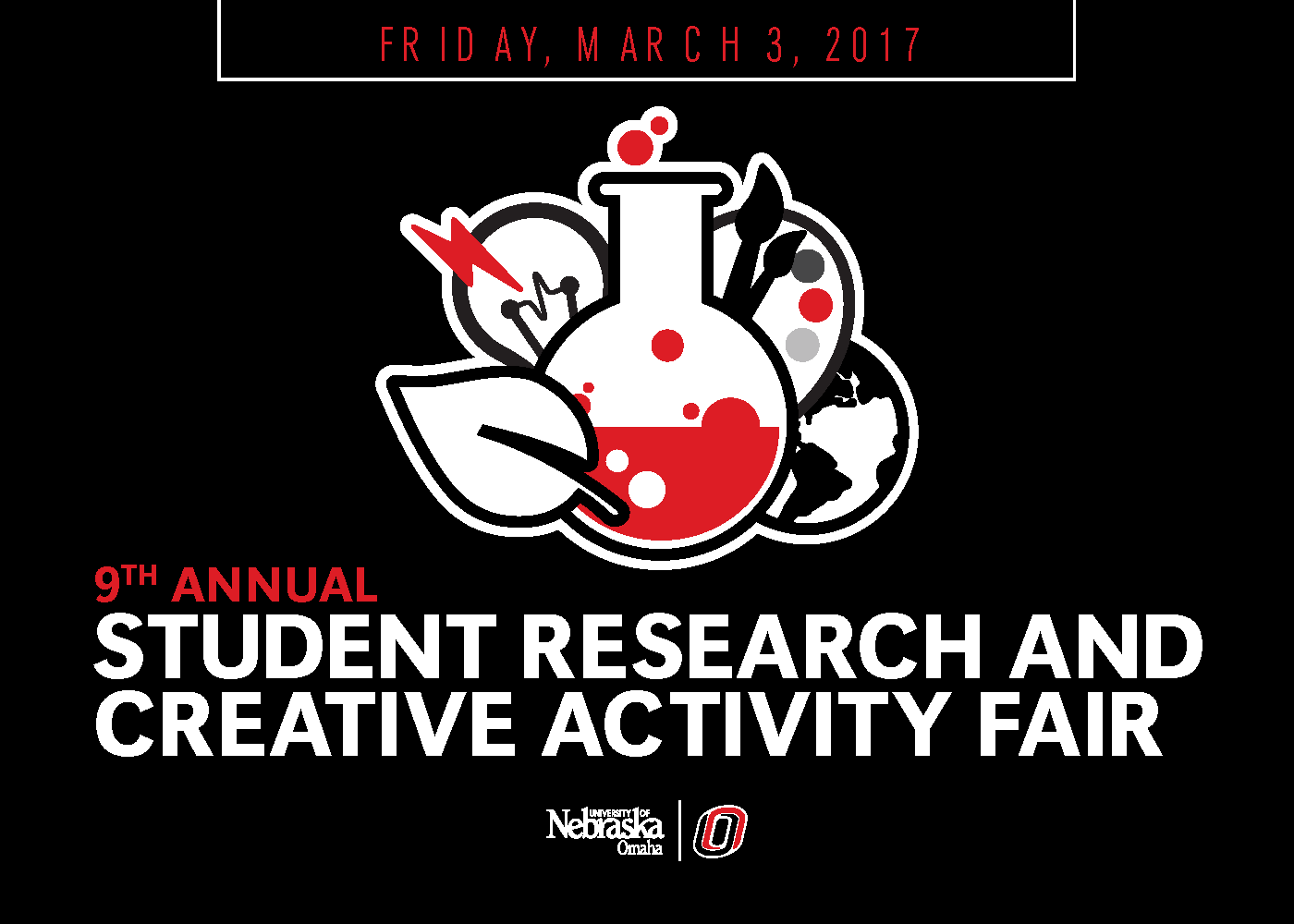
Advisor Information
Ryan Wong
Location
Dr. C.C. and Mabel L. Criss Library
Presentation Type
Poster
Start Date
3-3-2017 12:30 PM
End Date
3-3-2017 1:45 PM
Abstract
Social animals are easily influenced by other members of their species. Individuals will adjust their behaviors and actions both when observing another conspecific and when interacting with one. The effect that these social experiences can have on an individual vary in both magnitude and permanence, depending on the type of experience. We seek to examine the lasting effect that observing an aggressive interaction can have on the personality type of an individual.
Personality traits of Danio rerio will be examined in a novel environment setting in which the subject’s movements are recorded to determine their reactivity or proactivity in response to the new tank. Fish that are shy will have a tendency to freeze during the open-field test while bold fish will move frequently. An open-field test will be performed both before and after the subject observes an aggressive interaction, thus allowing us to analyze any significant changes in the personality type of the fish.
The results for this research were averaged among participating subjects. Thus far, no significant differences were found in the average movement time before being exposed to an aggressive interaction and after. Further research may be directed toward identifying possible sex differences and looking at the hormonal role in observation of aggression.
Since zebrafish have many similar neural pathways to other animals, information found could be applied to many other social species, including humans. These findings could lead to questions that may direct more research toward understanding the interplay between aggression and personality.
The effect of observing aggressive interactions on the personality traits of Danio rerio
Dr. C.C. and Mabel L. Criss Library
Social animals are easily influenced by other members of their species. Individuals will adjust their behaviors and actions both when observing another conspecific and when interacting with one. The effect that these social experiences can have on an individual vary in both magnitude and permanence, depending on the type of experience. We seek to examine the lasting effect that observing an aggressive interaction can have on the personality type of an individual.
Personality traits of Danio rerio will be examined in a novel environment setting in which the subject’s movements are recorded to determine their reactivity or proactivity in response to the new tank. Fish that are shy will have a tendency to freeze during the open-field test while bold fish will move frequently. An open-field test will be performed both before and after the subject observes an aggressive interaction, thus allowing us to analyze any significant changes in the personality type of the fish.
The results for this research were averaged among participating subjects. Thus far, no significant differences were found in the average movement time before being exposed to an aggressive interaction and after. Further research may be directed toward identifying possible sex differences and looking at the hormonal role in observation of aggression.
Since zebrafish have many similar neural pathways to other animals, information found could be applied to many other social species, including humans. These findings could lead to questions that may direct more research toward understanding the interplay between aggression and personality.
